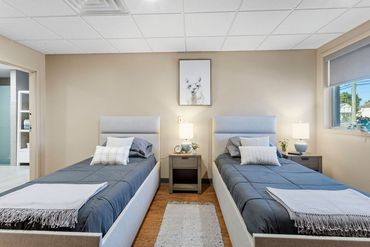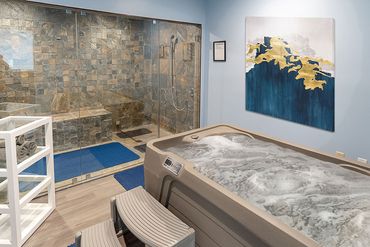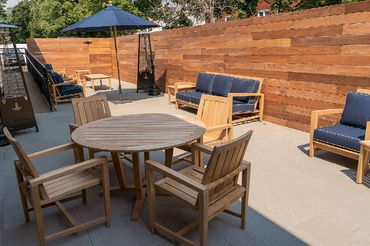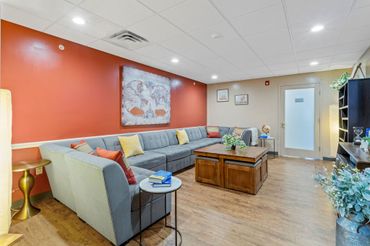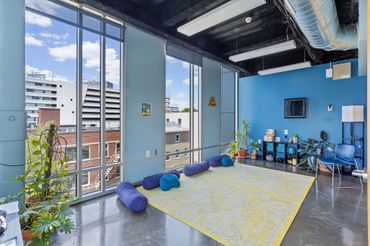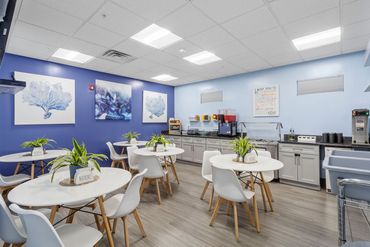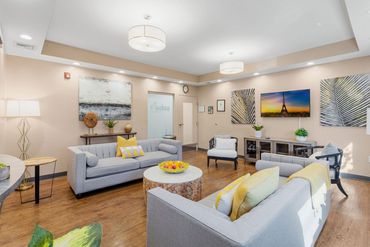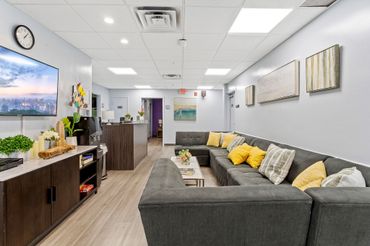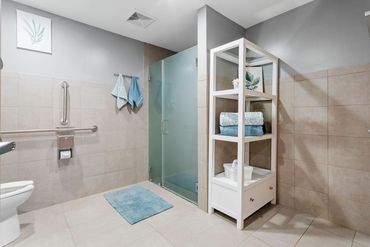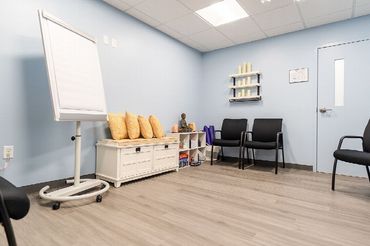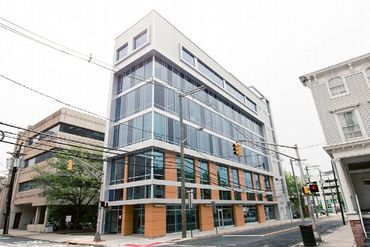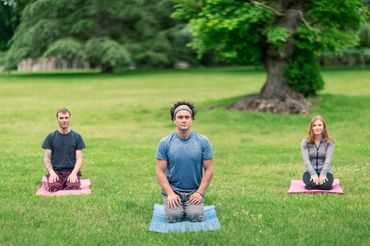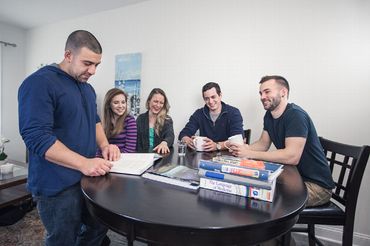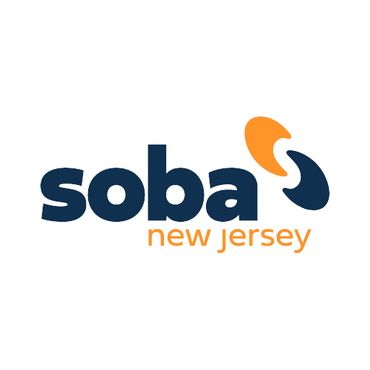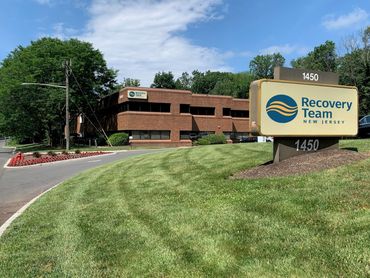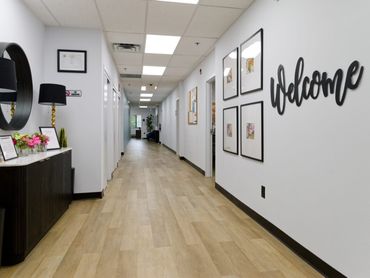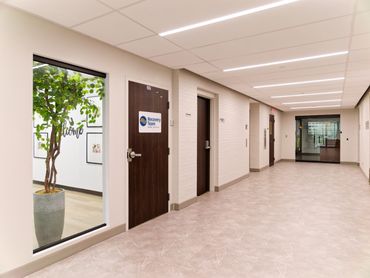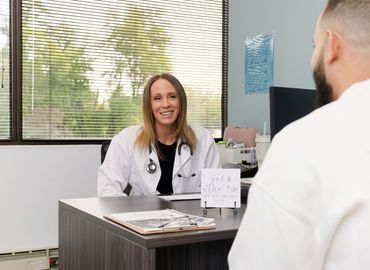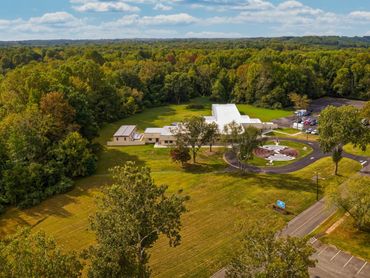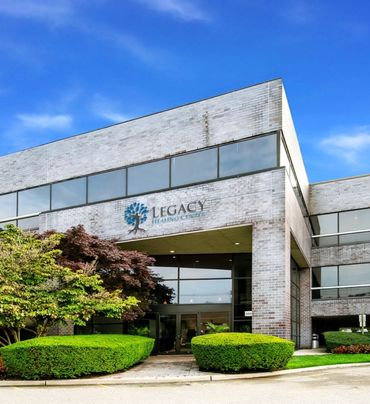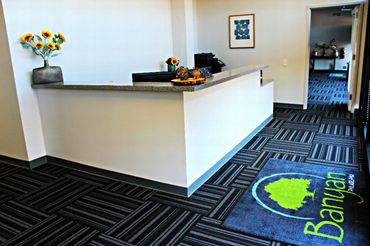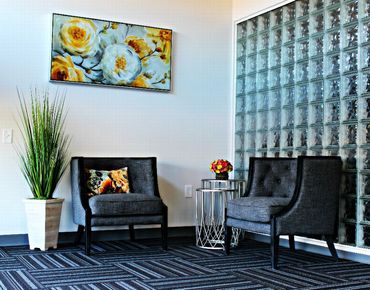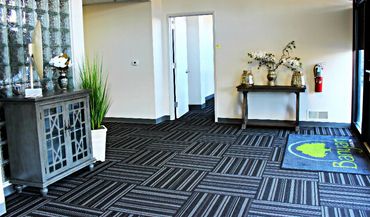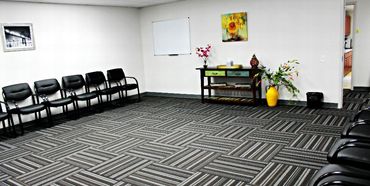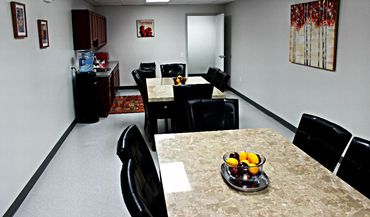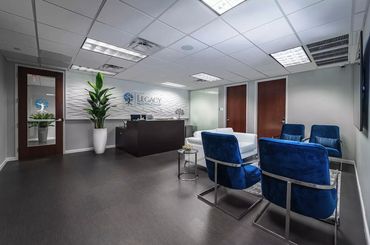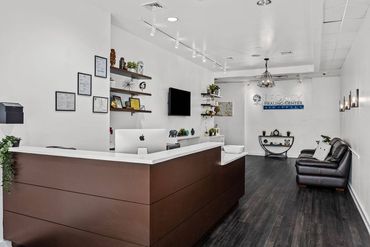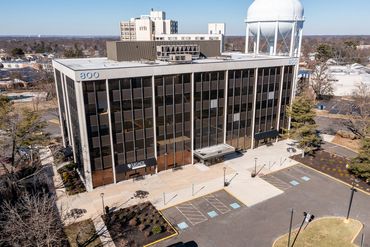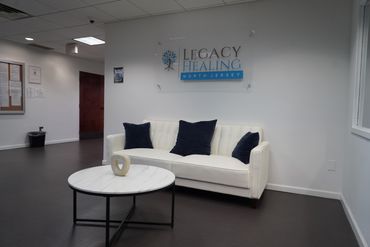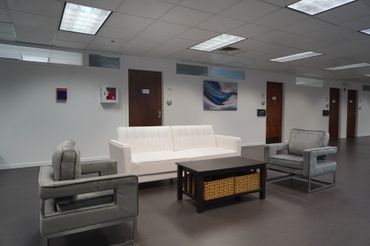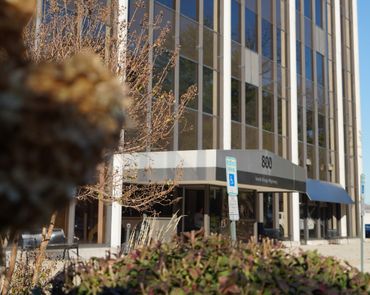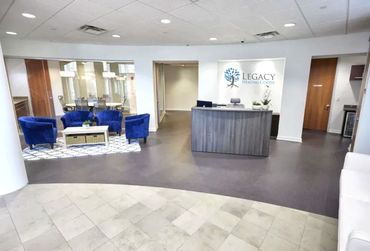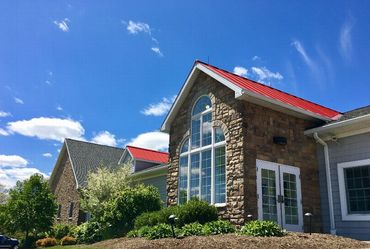
Drug & Alcohol Rehab Centers near New Brunswick, NJ
When facing substance use disorder in New Brunswick, New Jersey, taking the first step toward recovery is crucial. It’s essential to find the right treatment and understand payment options to ensure a successful journey to sobriety.
Treatment Centers near New Brunswick, NJ
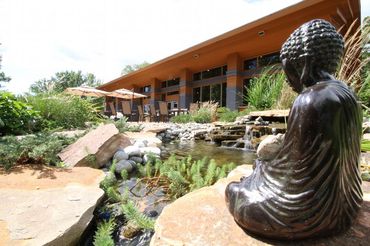
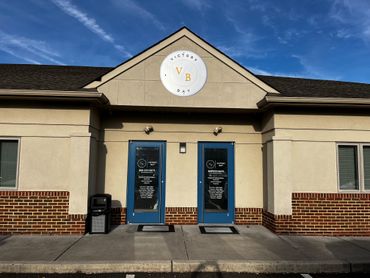
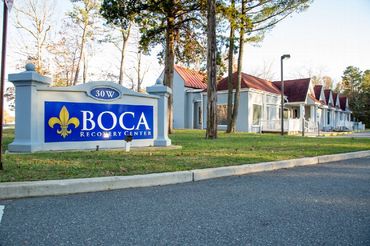
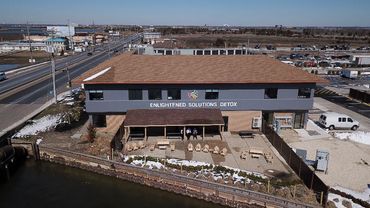

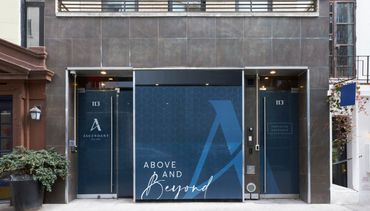
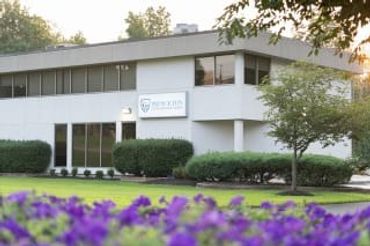
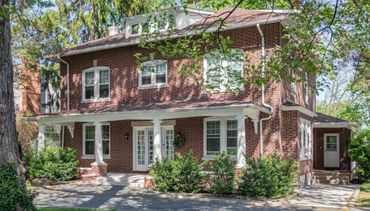
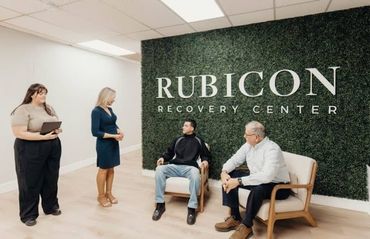
Open to Travel? Check out Top-Rated Options
All Treatment Centers near New Brunswick, NJ
Are You Covered For Treatment?
- Newark Rehabs
- Cherry Hill Rehabs
- Toms River Rehabs
- Trenton Rehabs
- Flemington Rehabs
- Paterson Rehabs
- Morristown Rehabs
- Camden Rehabs
- Paramus Rehabs
Information About Rehab in New Brunswick
Latest Reviews
Latest Reviews of Rehabs in New Jersey
SOBA New Jersey
College Recovery's long term model, and slow integration back into society are what make it stand out from other treatment centers. They don't throw you out to the street after 30 days like many treatment centers, they will carry you until you learn to carry yourself.
Area Information
Located in Middlesex County, New Brunswick, New Jersey, is a vibrant city known for its cultural diversity, historical significance, and educational institutions. With a diverse population of about 56,0001 and a central location in the state, it offers a mix of urban energy and a sense of community, making it a unique place for residents and visitors.
Substance Misuse and Addiction in New Brunswick, New Jersey
New Brunswick, New Jersey, though attractive in many aspects, grapples with the problem of substance misuse and addiction among its residents. This issue extends to Middlesex County, the county in which New Brunswick is located. A recent report highlights the seriousness of the problem, showing a notable increase in overdose fatalities in Middlesex County, from 85 in 2013 to 209 in 2022.2
Drug and Alcohol Rehab
Rehabilitation offers various programs and options to address addiction and support individuals in their journey to recovery. These programs cater to different needs and stages of recovery, ensuring that everyone’s unique treatment needs are met.
What Happens in Drug and Alcohol Rehab?
Rehabilitation encompasses multiple levels of care, each designed to address the specific needs of individuals at different stages in their recovery journey. These stages include detox, inpatient treatment, outpatient treatment, and aftercare, with each playing a vital role in the recovery process.
Detox Programs
Detoxification, often referred to as detox, is a crucial first step in the journey to recovery from substance use disorder. It is a medically monitored process aimed at helping individuals safely and comfortably withdraw from drugs or alcohol. During detox, individuals receive close medical supervision, and medications may be provided to alleviate the often distressing and potentially dangerous symptoms of withdrawal. The primary goal of detox is to ensure that an individual is stable and ready to proceed to the next phase of addiction treatment.
How Long Is Detox in Rehab?
The specific duration of detox can vary depending on several factors, including the type and amount of substances used, an individual’s physical health, and the severity of their addiction. On average, detox typically lasts from 3 to 7 days, but it may extend longer in some cases.
Inpatient Drug and Alcohol Rehab
Inpatient drug and alcohol rehab is a comprehensive and structured form of treatment that provides individuals with a highly supportive environment for their recovery journey. During inpatient treatment, individuals reside at the facility, which allows them to focus solely on their healing without the distractions and temptations of the outside world. Inpatient drug rehab typically involves intensive therapy, including individual counseling and group therapy sessions.
These therapies help patients understand the root causes of their addiction, develop coping strategies, and build a strong support network. Additionally, inpatient programs are equipped to address any co-occurring mental health disorders that may be contributing to the addiction. While 30-day programs are a common choice, inpatient treatment may extend to 60 or 90 days, depending on individual needs and the severity of the addiction.
Outpatient Drug and Alcohol Rehab
Outpatient drug rehab is a flexible and less intensive option for individuals who may not require or cannot commit to residential treatment. It allows patients to maintain their daily routines, including work, school, and family commitments, while receiving essential treatment and support. Outpatient programs typically involve individual counseling, group therapy, and educational sessions to provide individuals with the tools they need for aftercare and relapse prevention. These programs are an excellent choice for those with a stable and supportive home environment and strong motivation to recover.
How Much Does Rehab Cost?
Paying for rehab can be a daunting prospect, but it should not deter individuals from seeking help. Various payment options are available, such as:
- Payment Plans
- Government Grants and Scholarships
- Free Rehab
- State-Funded Rehab
Does Insurance Cover Drug and Alcohol Rehab?
Most insurances provide coverage for at least partial costs of rehab. This can significantly reduce the overall cost and the stress associated with paying for rehab. Widely accepted insurances include:
Finding The Best Rehab Center
New Brunswick, New Jersey Drug and Alcohol Rehab Facilities
Using our rehab locator tool, you can search for nearby facilities and filter the search based on treatment programs, amenities offered, and much more. While staying in-state is an option, it’s often advised to consider out-of-state facilities to reduce distractions and find the most suitable treatment environment. Regardless if you choose to stay in New Jersey or seek treatment elsewhere, our locator tool is a valuable resource.
Sources
- United States Census Bureau. New Brunswick, New Jersey. July 1, 2022.
- State of New Jersey Office of the Attorney General. Suspected Drug Related Deaths, Naloxone Administrations and PMP Data by County. (n.d.).
